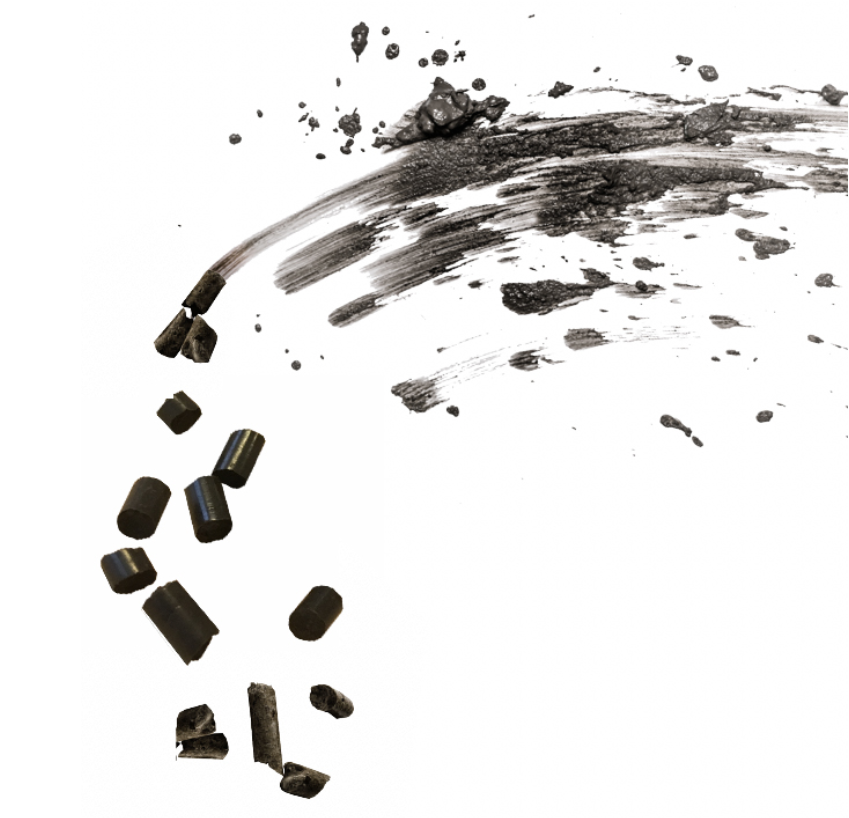
create
a waste-free future
together
Unique processing method of TORWASH
The world is full of unutilized residues that are being disposed of as waste at high costs through incineration or landfill. We believe this is a great loss and do not regard these streams as waste, but rather as valuable raw materials. TORWASH offers a unique set of patented processing methods for treatment of sludge, wet biomass and mixed plastics, which are converted into biofuels, biogas, fertilizers, and raw materials for new plastics.
Three versions
- TORWASH-for-Sludge: Energy-neutral dewatering of sewage sludge, resulting in a high-quality solid biofuel, biogas and recovery of phosphate.
- TORWASH-for-Agro: Wet agro-residues (such as sugar cane leaves, straw, grass, or water plants) are converted into high-quality solid biofuel.
- TORWASH-for-Plastics:. Biodegradable plastics, such as polylactic acid (PLA), are reduced to their monomers, which can then be reused to create new plastic.
Our mission: “Waste, too Good to Waste!”
We consider organic waste as the best renewable source for sustainable chemicals, fuels, and even fertilizers. We convert waste into valuable, circular products to fight climate change.
We do this together with our customers by looking at their waste streams in a different way.
The challenge
The first challenge is to make owners of these difficult waste streams realize that it is not waste, but a raw material. TORWASH® is a method to do this in another way than usual. This requires thinking differently.
We started with sludge from wastewater treatment. By the end of 2026, we want to have the first commercial wastewater treatment system based on TORWASH® up and running. It will produce 100% reusable products from sewage sludge, making a significant contribution to the sustainability goals of the wastewater treatment sector.

The future
Based on successful pilot and demonstration trials, we want to prove together with water boards, the agricultural sector, equipment manufacturers, and waste processors that even difficult waste streams can be circular. No more waste, but useful products at significantly lower costs.


